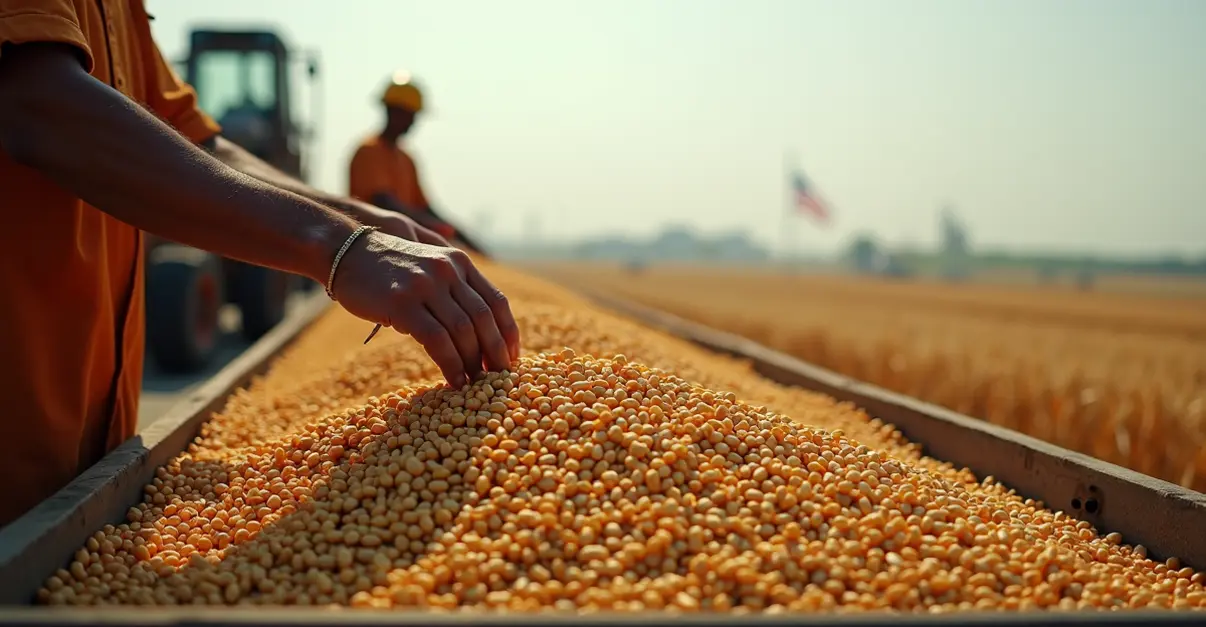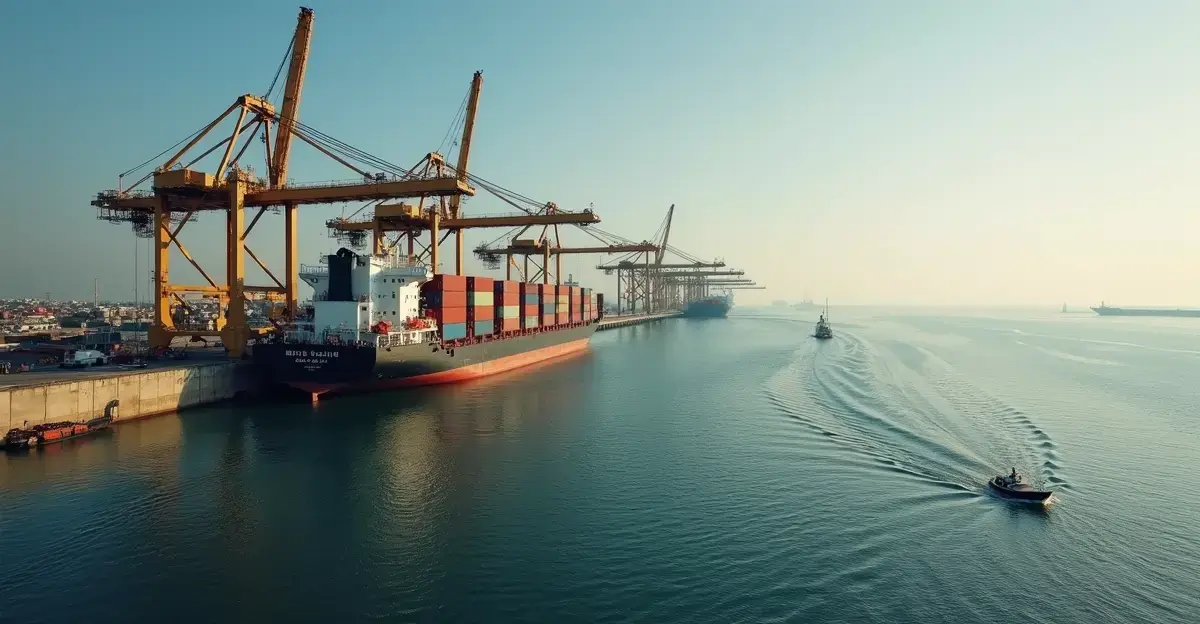Reviving Black Sea Grain Initiative as Ceasefire Talks Progress
Major global grain exporters are currently engaged in critical negotiations to establish secure shipping corridors through conflict zones, with Russia showing renewed interest in reviving the Black Sea Grain Initiative as part of broader ceasefire discussions with the United States in Saudi Arabia. The original agreement, brokered by the UN and Turkey in 2022, allowed safe passage of Ukrainian grain exports during the Russia-Ukraine conflict but collapsed in 2023 when Russia withdrew, claiming key aspects were never implemented.
Humanitarian Corridors and Port Operations
Since the collapse of the original deal, Ukraine has successfully circumvented the blockade using alternative sea routes along NATO-friendly coastlines, establishing what has become known as the Ukrainian Humanitarian Corridor. This joint effort between defense forces, allied operations, and businesses has maintained uninterrupted maritime trade despite ongoing conflict. 'We've demonstrated that even in the most challenging circumstances, humanitarian corridors can function effectively to prevent global food crises,' said Oleksandr Kubrakov, who led the restoration of operations at three Black Sea ports.
The negotiations focus on creating procedures for safe export from specific ports, with Turkey inspecting all merchant vessels and a joint coordination center monitoring vessel movements through specially created corridors. Port handling operations have become increasingly sophisticated, with Ukraine successfully increasing grain shipments through the Black Sea despite ongoing Russian threats. The country has established a new shipping corridor that has allowed for significant grain exports, helping to maintain global food security.
Global Food Security Implications
The stakes are enormous for global food markets. According to the Black Sea Grain Initiative, Ukraine is a leading grain exporter, providing more than 45 million tonnes annually to the global market. Before the war, almost all of Ukraine's wheat, corn, and sunflower oil were exported through its Black Sea ports. The current negotiations aim to address the threat of famine affecting millions in developing countries that rely heavily on imported grain.
'This isn't just about Ukraine or Russia - it's about preventing starvation in Africa, Asia, and Latin America where millions depend on these grain shipments,' emphasized a UN official involved in the talks. The original initiative successfully enabled over 1,000 voyages carrying nearly 33 million tonnes of grain and food products to 45 countries before its expiration.
Trade War Complications
The shipping corridor negotiations occur against the backdrop of escalating trade tensions. Russian Foreign Minister Sergei Lavrov has stated that Russia would agree to a new shipping safety agreement only if the US orders Ukrainian President Zelenskiy to respect it, demanding clear guarantees. This positions the grain negotiations as part of broader geopolitical maneuvering in what analysts describe as an emerging trade war.
Additional strains include Panama Canal water level issues, climate disruptions, and escalating trade tensions with retaliatory tariffs. The global grain trade faces significant challenges despite showing resilience in 2024 with 2% growth. Food insecurity has worsened dramatically, with 343 million people facing acute shortages in 2024 - more than double pre-pandemic levels.
Future Outlook and Challenges
Analysts suggest any new deal would largely formalize the current status quo where Ukrainian grain is already flowing without official Kremlin approval, serving more as a diplomatic victory than a substantive change. However, the humanitarian exceptions and safe passage agreements being negotiated could provide crucial stability to global food markets.
The successful operation of alternative shipping routes demonstrates Ukraine's resilience in maintaining its vital grain exports amid ongoing security challenges. As one shipping industry expert noted, 'The fact that grain continues to move despite the conflict shows the incredible adaptability of global supply chains, but formal agreements would provide much-needed predictability for markets and humanitarian organizations.'
With major market shifts including Brazil overtaking the US as China's primary corn supplier and China pushing for self-sufficiency with record wheat production, the outcome of these shipping corridor negotiations will have far-reaching implications for global food security and trade patterns in 2025 and beyond.

 Nederlands
Nederlands
 English
English
 Deutsch
Deutsch
 Français
Français
 Español
Español
 Português
Português










